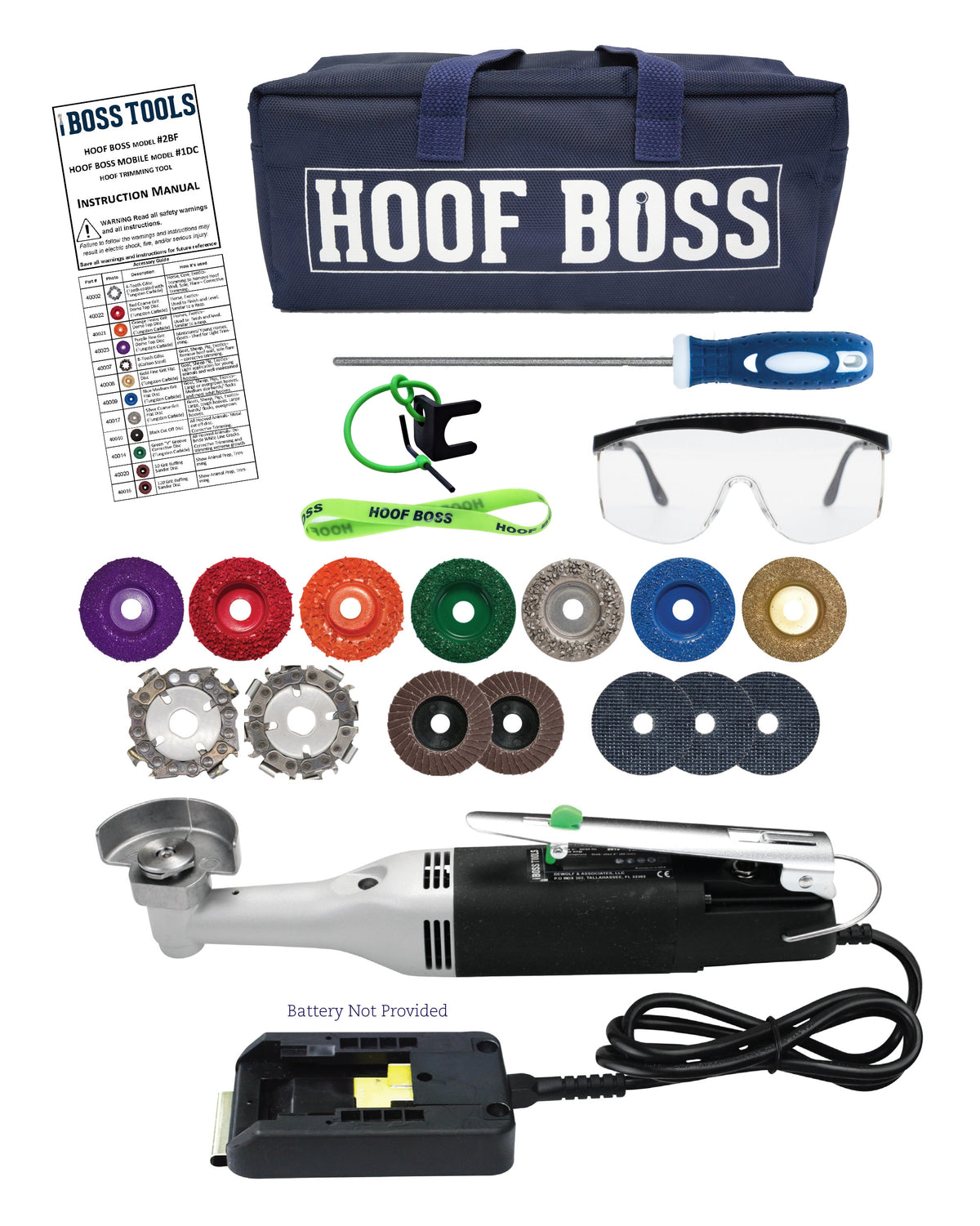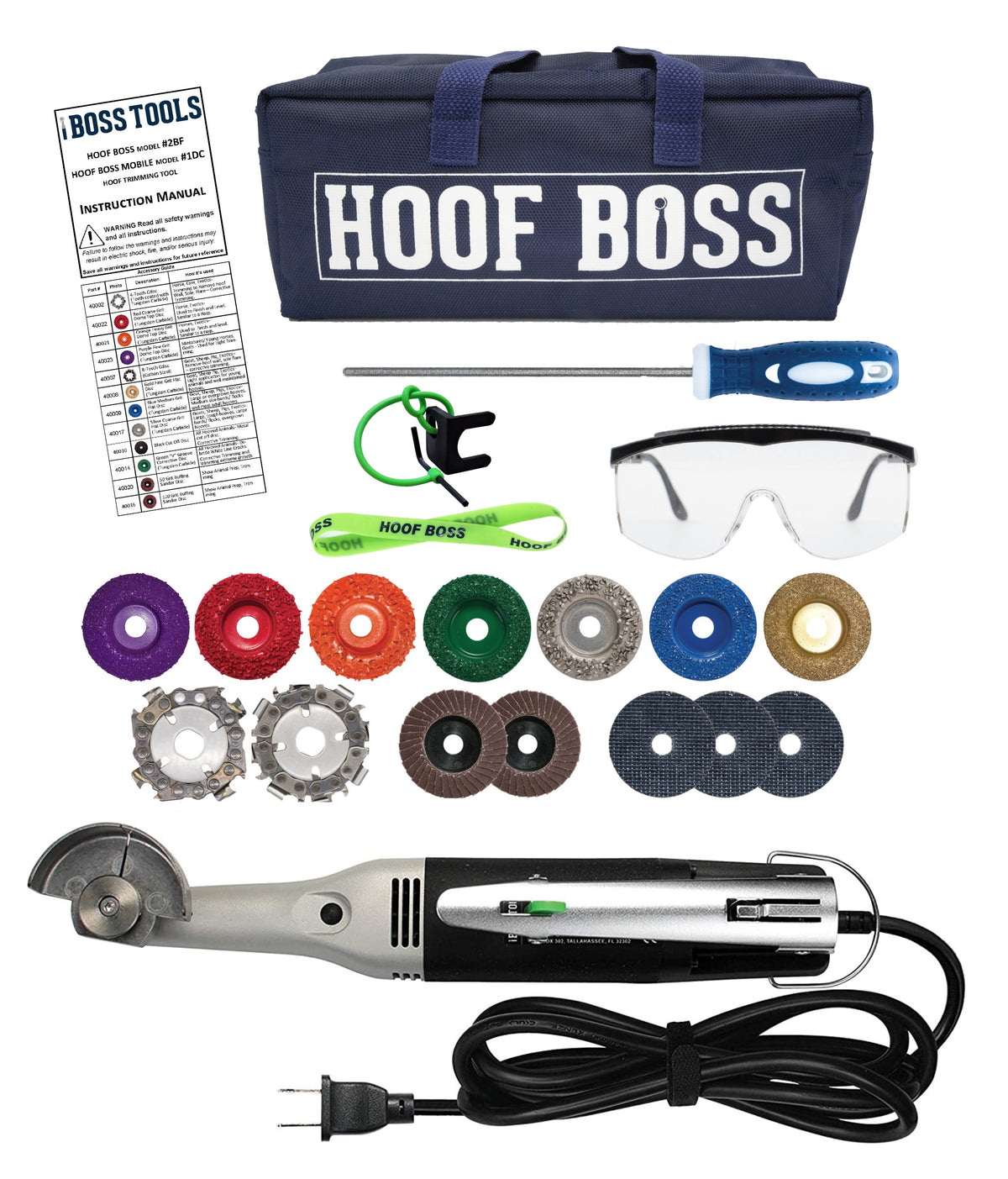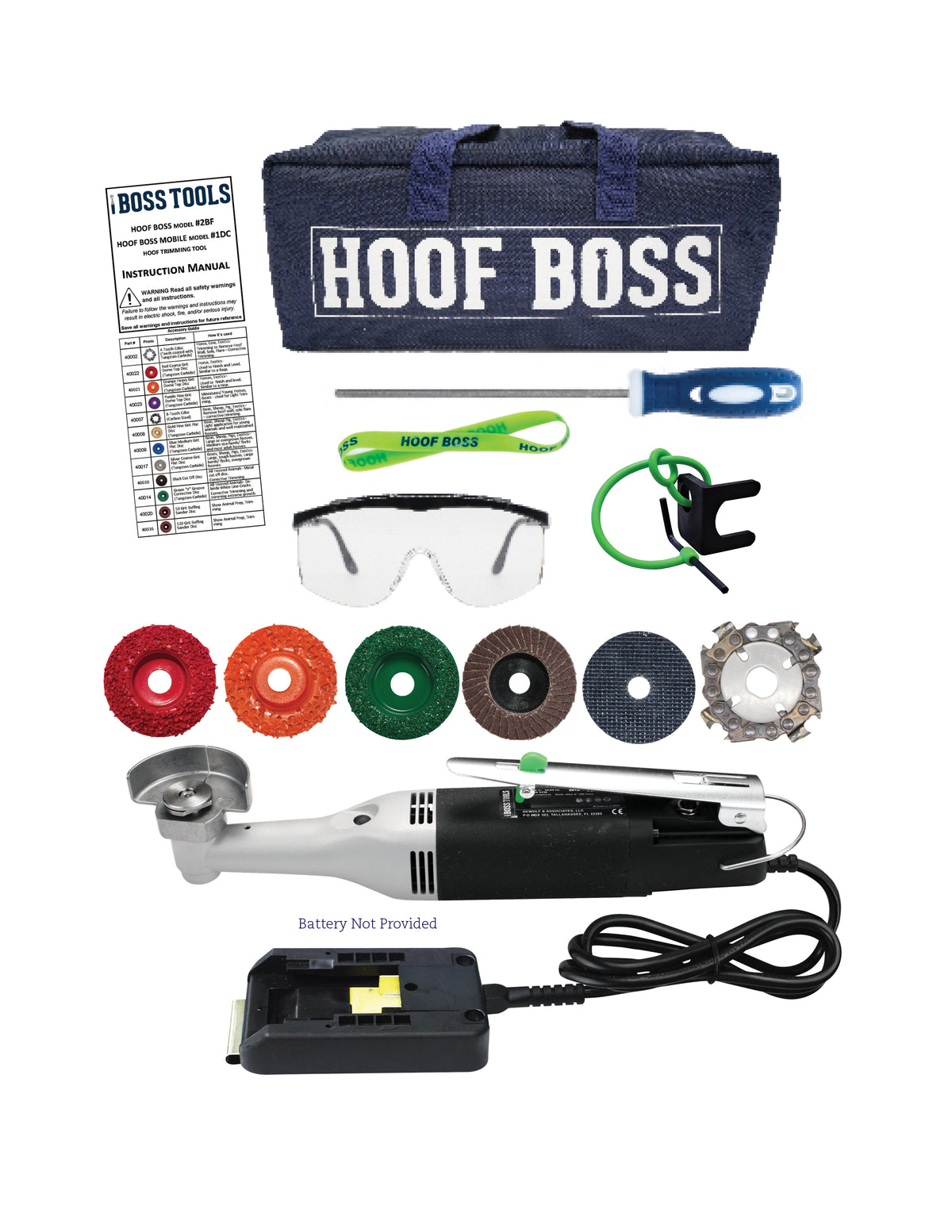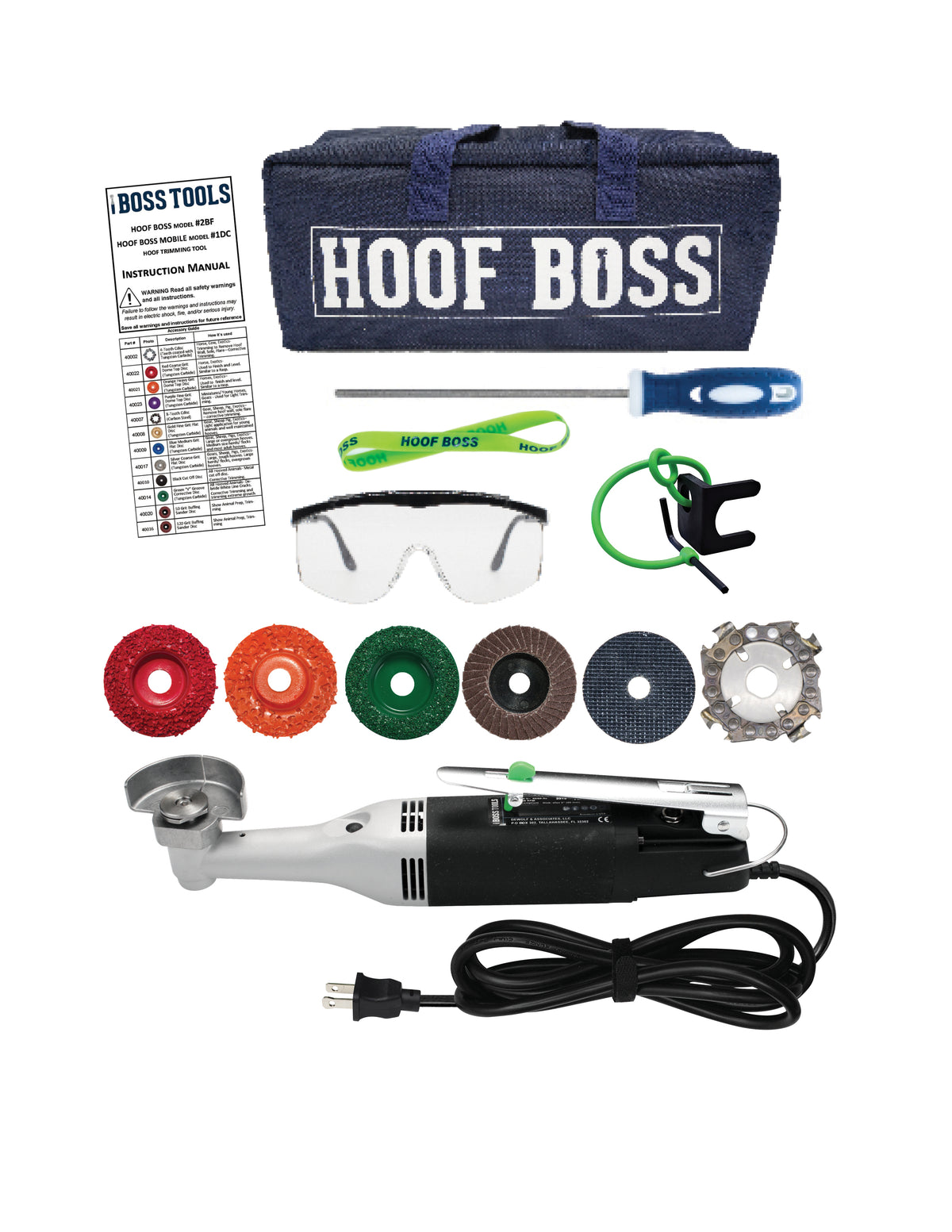How to Insure Your Horse
A horse is a big emotional and financial investment. Unexpected injuries to your horse can land you with expensive medical bills that may be difficult to afford. Here’s what you need to know about horse insurance and what you should consider when insuring your horse.
What is the cost of horse insurance?
The cost of horse insurance will depend on what coverage you add to your policy. These are the types of coverage you can choose from:
- Major medical
- Surgical
- Full mortality
- Limited mortality
- Loss of use
- Personal liability
The average riding or hobbyist horse can be insured for $200 to $500, while a show horse or breeding stallion can range from $1,000 to $10,000. Shop around for equine insurance and compare each company’s coverage for the best value.
Insurance value of your horse
The value of your horse will determine how much medical coverage it can get. Most horse insurance will not cover medical costs that exceed the horse’s value.
Determining the value of your horse is easiest when you just paid for it because it would simply be what you paid for the horse. You can also increase the value of your horse through training and showing.
You should be as specific as possible when explaining how your horse is used. The insurance companies will need a lot of information to authorize a claim of the horse’s ability to function in a given task and the value this provides.
Understanding coverage options for insuring your horse
Unlike human insurance, horse insurance is mainly focused on unexpected events and injuries. Once a horse has a documented illness or injury, it’s likely that it won’t be covered after renewing your policy. Insurance companies will not cover injuries or illnesses caused by preexisting conditions.
Routine horse grooming is also critical for insurers who will only cover a horse that is properly cared for. Grooming keeps horses healthy and can help avoid preventable injuries. Make horse grooming easier with these tips.
Mortality
Mortality coverage may only apply if you’ve done everything to save the horse, which is why some equine insurers also require major medical coverage. If your veterinarian suggests a surgery that could save your horse and you can’t afford it, this could disqualify you from collecting on a mortality claim.
Major medical
Major medical can pay the total sum or percentage of medical expenses caused by unexpected injury or illness. Insurance coverage will also have different aggregate limits, the total value of the coverage you will be reimbursed for the year. Expenses aren’t covered once this limit is reached.
Loss of use
The Loss of use coverage will vary for each insurance company. Some will want to appropriate the horse in loss of use claim, sending the horse to rehab or trying to recoup their money in other ways. Other companies give policyholders the option to retain their horse if they pay a percentage of their claim.
Choose a veterinarian to go with your insurance
Before deciding on horse insurance, learn how to choose a veterinarian for your horse. This will help you choose the best coverage and medical services your horse needs.




